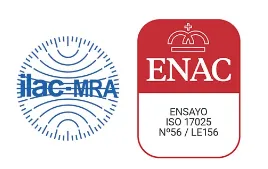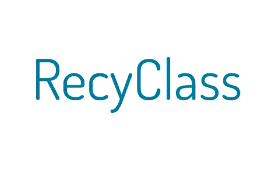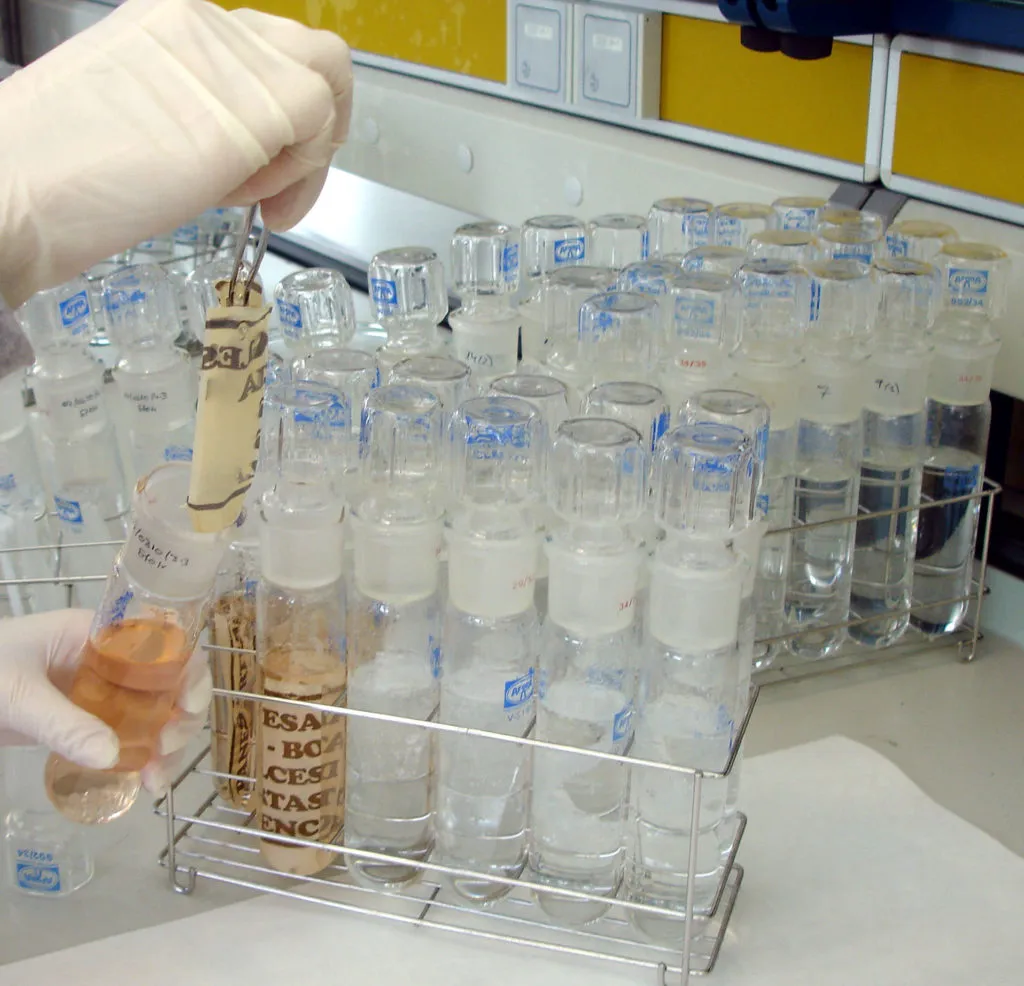Overall and specific migration
The safety of food in plastic packaging is one of the most important concerns of consumers, authorities and manufacturers.
Plastic materials, due to its characteristics, can undergo interaction phenomena with both the food and surrounding environment. One of these phenomena is migration. Migration is the process by which the substances contained in the plastic material can pass into the packaged food.
What is a migration test?
A packaging migration test is a study aimed at understanding how the packaging can impact the quality of food. It involves examining various types of materials to choose the most suitable packaging for a particular type of food.
The safety of food in plastic packaging is one of the most important concerns of consumers and authorities, to say nothing of manufacturers, packagers, distributors and developers of new products and materials.
Commission Regulation (EU) No 10/2011 on plastic materials and articles intended to come into contact with food
In Europe, Commission Regulation (EU) No 10/2011 on plastic materials and articles intended to come into contact with food establishes migration limits that specify the maximum permitted amount of a substance released into food.
Checking compliance with overall migration limit involves verifying material inertness, whereas compliance with specific migration limits is monitored to rule out toxicity problems associated with specific substances.
Based on the food item, the conditions of use, and contact time and temperature, plastic food packaging materials must be assessed in terms of their migration.
For companies with a wide range of products, attempting to perform migration tests on each one and for each use represents a huge undertaking. The key to optimizing resources is grouping test samples and conditions, as well as testing only the most restrictive requirements. Careful planning of the testing process helps save time and money for everybody and also prevents future problems.
At AIMPLAS, we not only perform migration tests, but also provide manufacturers of materials and items for food contact with personalized advice, which includes:
- Review of declarations of compliance to determine the tests required to demonstrate compliance with legislation and optimize them.
Interpretation of results. - Answering legislation-related technical queries.
Accredited tests
AIMPLAS is accredited by ENAC with accreditation No. 56/LE156 in accordance with standard UNE-EN ISO/IEC 17025 for the following tests:
- Overall migration into aqueuos simulants and alternative oil simulants (iso-octane y ethanol 95%).
UNE-EN 1186-1, UNE-EN 1186-3, UNE-EN 1186-5, UNE-EN 1186-9, UNE-EN 1186-14. Commission Regulation (EU) Nº 10/2011 of 14 January 2011 on plastic materials and articles intended to come into contact with food. - Overall migration into vegetable oil.
UNE-EN 1186-2, UNE-EN 1186-4, UNE-EN 1186-8. Commission Regulation (EU) Nº 10/2011 of 14 January 2011 on plastic materials and articles intended to come into contact with food.
Migration tests types
1. Overall migration tests
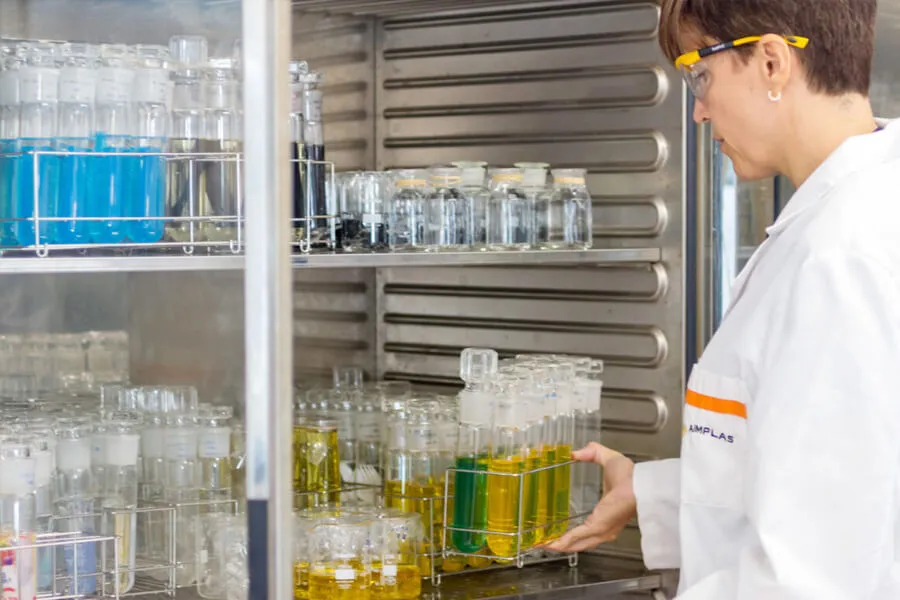
The Regulation nº 10/2011 establishes ten possible testing conditions which cover all applications regarding overall migration. In the most common use, in other words, being in contact at room temperature for an indeterminate duration, the exposure of the sample with food simulant for 10 days at 40ºC (OM2) is established as testing condition.
Regulation includes special conditions for foodstuff in contact at different temperatures than room temperature, which are increasingly common in plastics use, such as microwave/ oven use, stove, etc.
This way, for example, the condition 10 days at 20ºC (OM1) is set for frozen or refrigerated products, 10 days at 40ºC for foodstuff at room temperature and 70ºC (OM3) for 2 hours for warm contact without subsequent storage, and for hot applications up to 121ºC, a treatment of 2 hours at 100ºC (or reflux) or 1 hour at 121ºC is established.
2. Specific migration testing
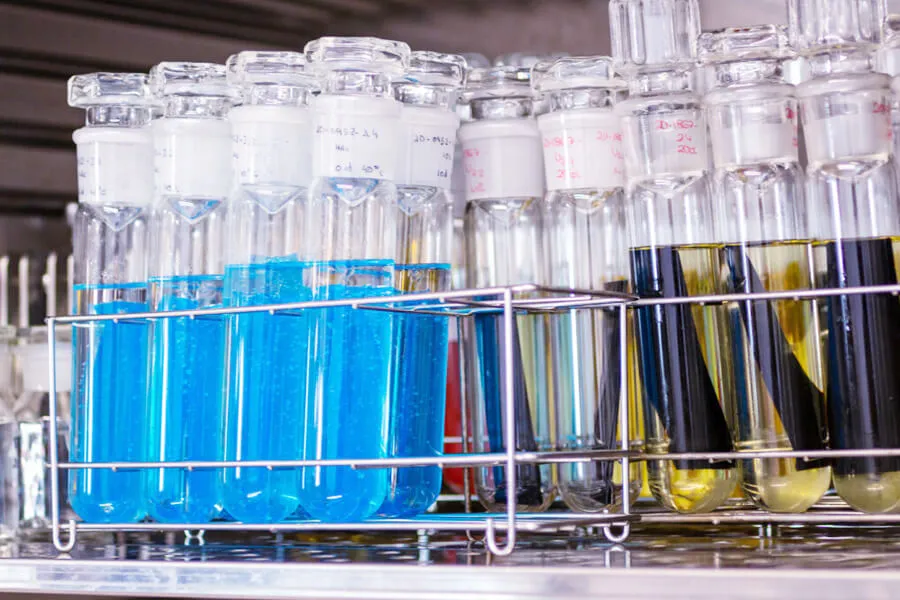
When it comes to specific migration, in the case of food that will be at room temperature, testing conditions are 3 days at 40ºC for food in contact for 1-3 days; 10 days at 40ºC for 3-30 days; and for more than 30 days, testing conditions are also 10 days but at a higher temperature (between 50ºC and 60ºC depending on the contact time).
Some of the most common contact cases are: frozen or refrigerated storage, which includes punctual warming conditions (testing conditions: 10 days at 40ºC), storage to up to 6 months at room temperature and all storage times at refrigerated and frozen conditions including heating up to 70ºC up to 2 hours, or heating up to 100ºC for up to 15 minutes (testing conditions: 10 days at 50ºC) and long term storage (over 6 months) at room or lower temperature with punctual warming conditions.
In summary, it is important to always tailor the tests (both specific and overall migration tests) to the actual use of our packaging, always choosing the most restrictive time-temperature combination for all intended uses. This ensures that our packaging is safe for the consumer.
At AIMPLAS, we have a wide group of specialists who offer companies assistance about food contact plastic legislation and who undertake overall and specific migration testing.
Homologations
AIMPLAS has the highest number of tests accredited by ENAC (Spanish National Accreditation Body) for plastics according to the UNE-EN ISO/IEC 17025 standard in Spain.
We accompany you throughout the entire process
AIMPLAS ensures the best results and quality for its clients so that companies can guarantee the reliability of their products or services
